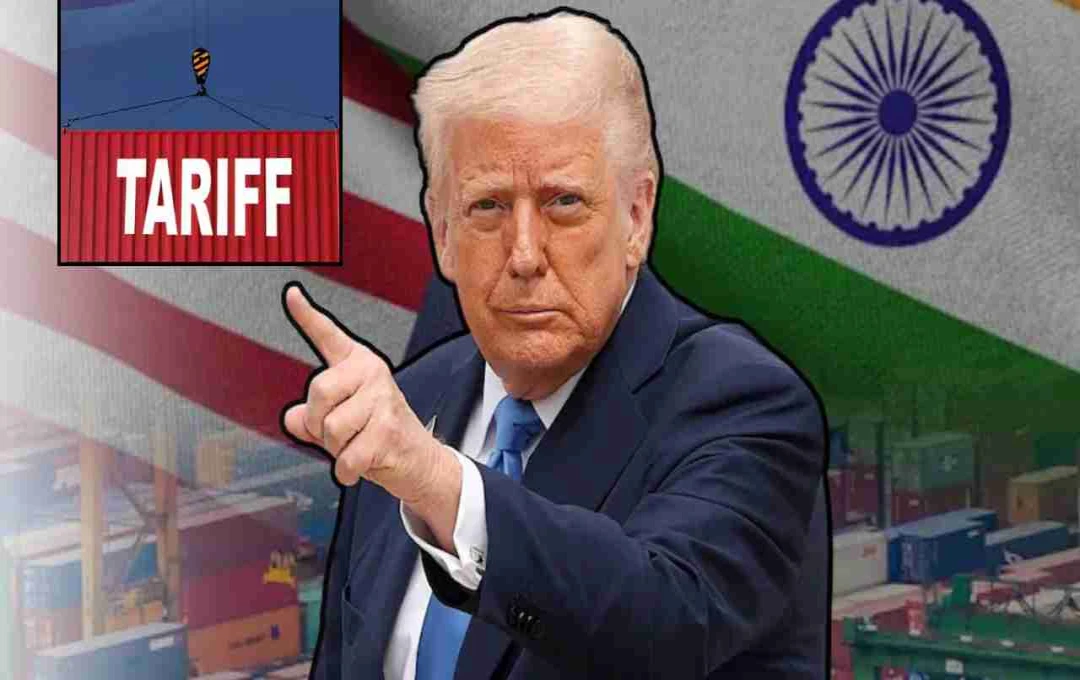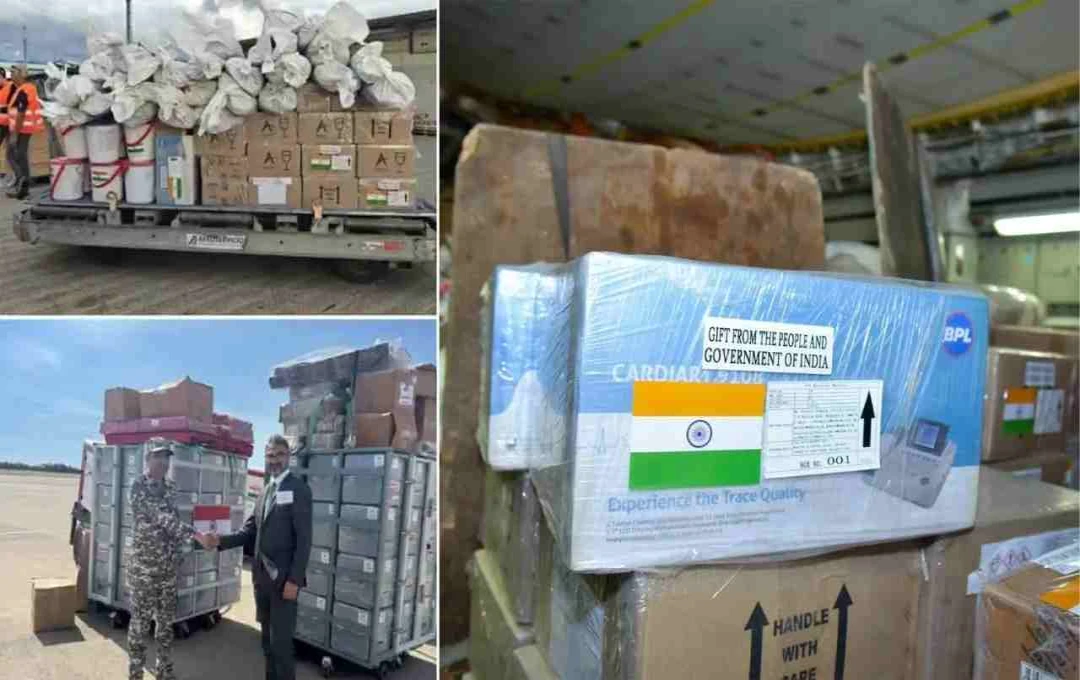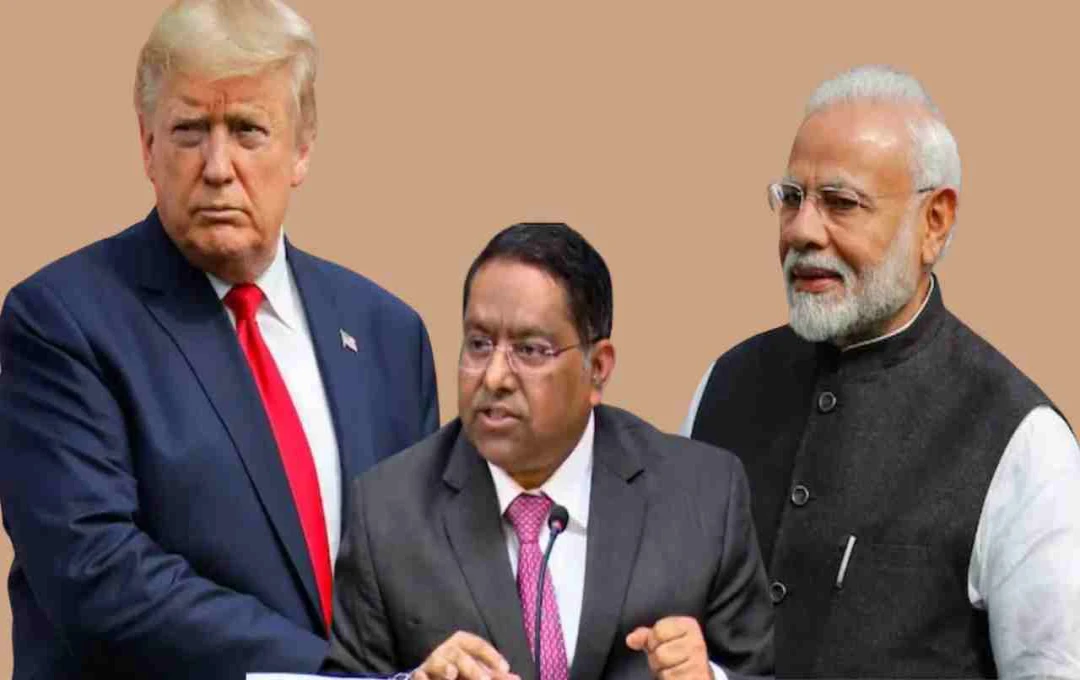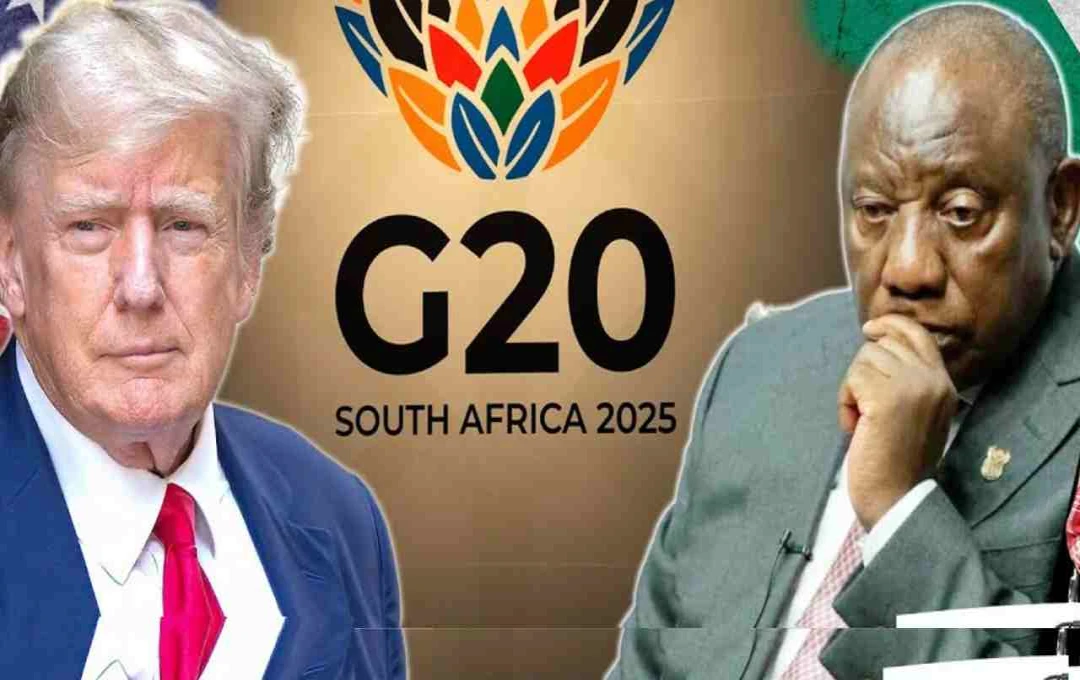Effective August 1, 2025, the 25 percent tariff imposed by the United States on Indian exports is now beginning to show its effects. Following a warning from U.S. President Donald Trump, several Indian state-owned oil companies have stopped purchasing crude oil from Russia. The U.S. imposed this tariff due to India's oil purchases and military deals with Russia, which is now impacting the country's foreign policy as well as its energy policy.
State-Owned Refining Companies Distancing Themselves from Russian Oil
The country's three major state-owned oil companies, Bharat Petroleum Corporation Limited (BPCL), Hindustan Petroleum Corporation Limited (HPCL), and Mangalore Refineries and Petrochemicals Limited (MRPL), have now backed away from purchasing Russian crude oil. These companies did not include Russian Urals grade oil in recent tenders, a clear indication that the U.S. tariff warning is affecting the Indian energy sector.
Middle East Becomes an Alternative
Now that state-owned companies have distanced themselves from Russia, they are returning to traditional sources such as the Middle East and Africa. However, crude oil from these regions is more expensive than Russian oil, which may affect the margins of refining companies. This means that the companies' costs will increase, and this could affect the general public in the form of rising petrol and diesel prices.
Waiting for IOCL's Decision

Although the country's largest refining company, Indian Oil Corporation Limited (IOCL), has not yet made any official announcement, sources suggest that the company is also considering changing its crude sources. IOCL previously purchased a significant amount of cheap crude oil from Russia.
Reliance and Nayara's Different Strategy
While state-owned companies have put a break on oil purchases from Russia, private sector companies – Reliance Industries and Nayara Energy – have not yet broken ties with Russian oil. Both of these companies purchase oil from Russia under long-term contracts and also get better margins from it. In addition, these companies are earning profits by exporting refined products to markets in Europe and Asia.
Record Imports from Russia in 2024-25
In fiscal year 2024-25, India imported approximately $50.3 billion of crude oil from Russia. This is about one-third of India's total crude oil imports of $143.1 billion. This figure illustrates how significant Russia's role has been in India's energy needs.
Oil Minister's Warning
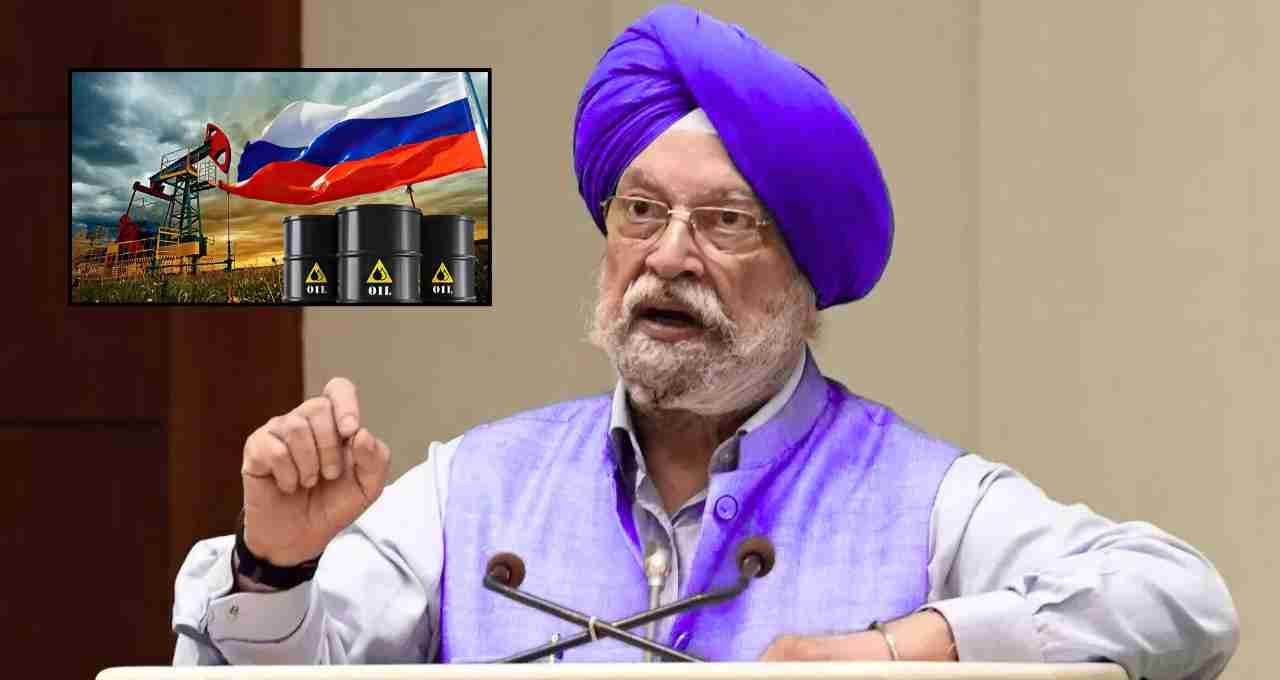
On July 17, Union Petroleum Minister Hardeep Singh Puri warned that if the supply of oil from Russia is affected, global oil prices could reach $130 to $140 per barrel. He said that India would procure crude oil from other sources according to its needs in any situation, as there is currently no shortage of oil in the international market.
Cheap Oil from Russia, but Heavy Political Pressure
Due to the strictness of Western countries after the Ukraine war, Russia was selling its crude oil to countries like India at huge discounts. India took advantage of this and bought cheap oil from Russia on a large scale in the past two years. This reduced the cost of state-owned refineries and gave the companies good profits. But now this cheap deal is in danger due to increasing pressure from the US and Trump's tariff decision.
Will India's Strategy Change?
The Government of India has not yet officially reacted on whether this step of state-owned companies has been taken under any political pressure or whether it is purely a business decision. But experts believe that this could be a well-considered strategy to avoid US tariffs and maintain trade relations.
Impact of Oil Companies' Decisions on the General Public
If state-owned companies do not buy oil from Russia and have to take expensive oil from the Middle East, then petrol and diesel prices may be affected in the coming times. An increase in refining costs means that companies can pass it on to consumers.
